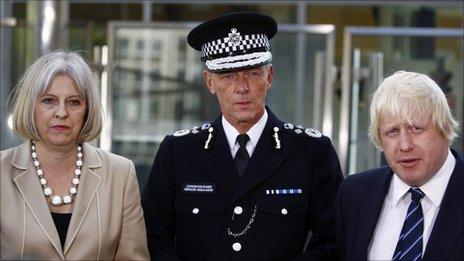Met Commissioner Sir Bernard Hogan-Howe to retire
- Published
Sir Bernard Hogan-Howe has explained why the time is right to retire as commissioner
Sir Bernard Hogan-Howe is to retire after five years as the Commissioner of the Metropolitan Police, the force has announced.
Sir Bernard, who was appointed to the role in September 2011, will remain in post until February to allow for his successor to be appointed.
During his time in charge, the 58-year-old oversaw policing of riots and the Olympic Games.
Sir Bernard said he believed it was "the right time to move on".
He said he had loved his time in the role but said it was "a good chance to make this change now" after the appointments of a new London mayor and home secretary.
"It also allows a decent amount of time to select my successor," he said.
Prime Minister Theresa May, who was home secretary for the majority of Sir Bernard's time as commissioner, praised his "total policing" approach saying he "has done an excellent job... at what has been a difficult time given the level of terrorist threat".
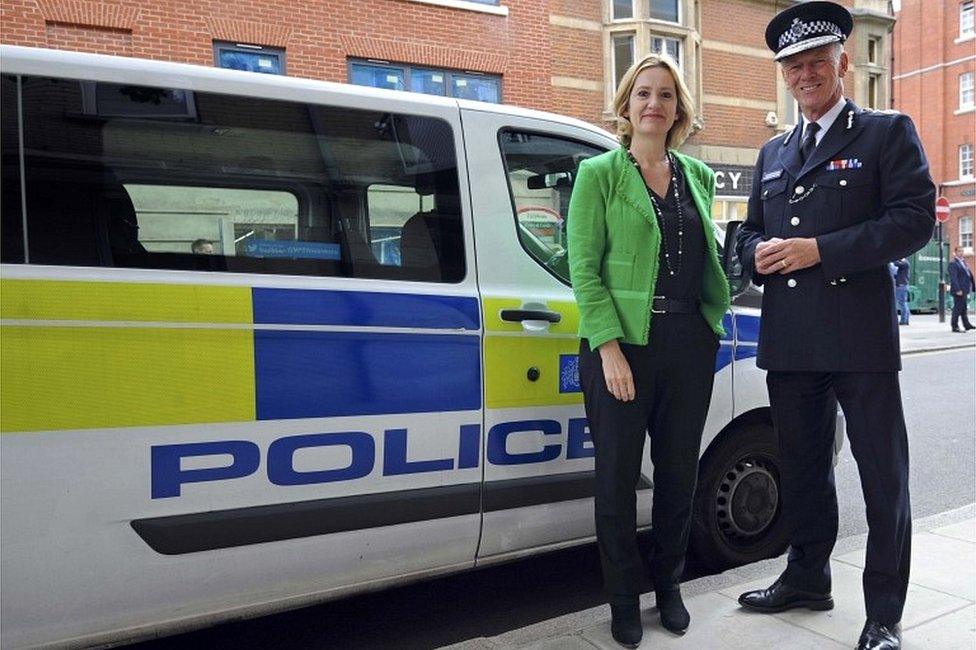
Home Secretary Amber Rudd (left) said Sir Bernard was "an inspirational senior officer"
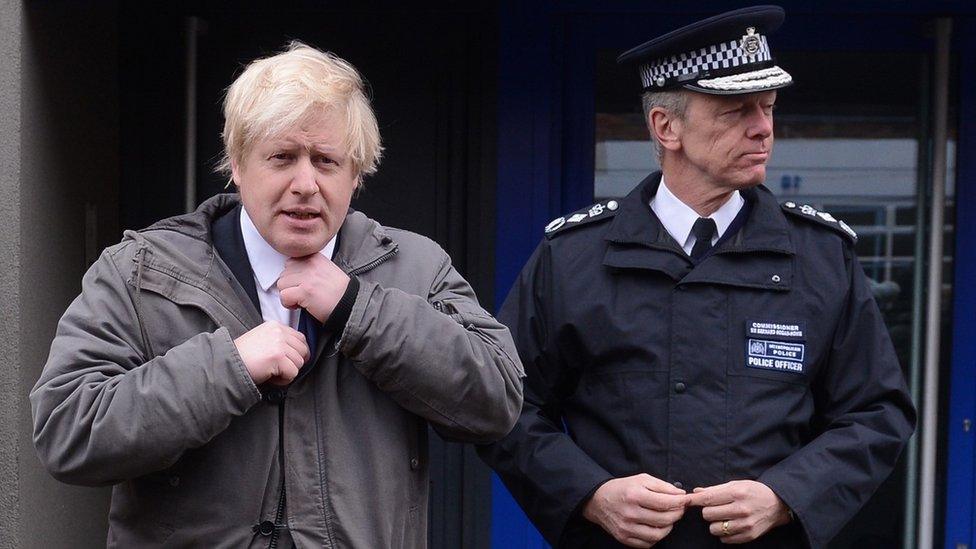
He became commissioner while Boris Johnson was London's mayor
According to the Met, crime has fallen by around 18% during the time Sir Bernard has been in post.
He led the police response after the riots in 2011 and the murder of soldier Lee Rigby in 2013.
However, he has also faced controversy including questions about the Met's handling of Operation Midland.
The 16-month investigation was launched after claims boys were abused more than 30 years ago, but it closed in March without a single arrest.

Analysis: Danny Shaw, BBC Home Affairs correspondent
The announcement of Sir Bernard Hogan-Howe's departure came as a surprise, given that he'd sought, and been granted, an extension to his original five-year contract.
The commissioner's explanation for resigning seven months early was that it was better to go before his "power deteriorates" in his final year.
That suggests that with a new London mayor and a new Home Secretary, Amber Rudd, he did not expect that his contract would be renewed again.
Sir Bernard denied his decision was linked to criticism of Operation Midland, the high-profile inquiry into allegations of a Westminster paedophile ring. He's due to discuss the findings of a report into the affair next week.
But the controversy surrounding the Met's handling of Midland remains the one significant blot on Sir Bernard's tenure.
He'll otherwise be viewed as a commissioner with a commanding presence who kept a firm grip on the Met during turbulent times.

Sir Bernard took charge of the UK's biggest police force when his predecessor Sir Paul Stephenson quit amid criticism of the Met's role in the phone-hacking scandal.
The Sheffield-born former traffic officer was awarded a knighthood in the 2013 New Year Honours list.
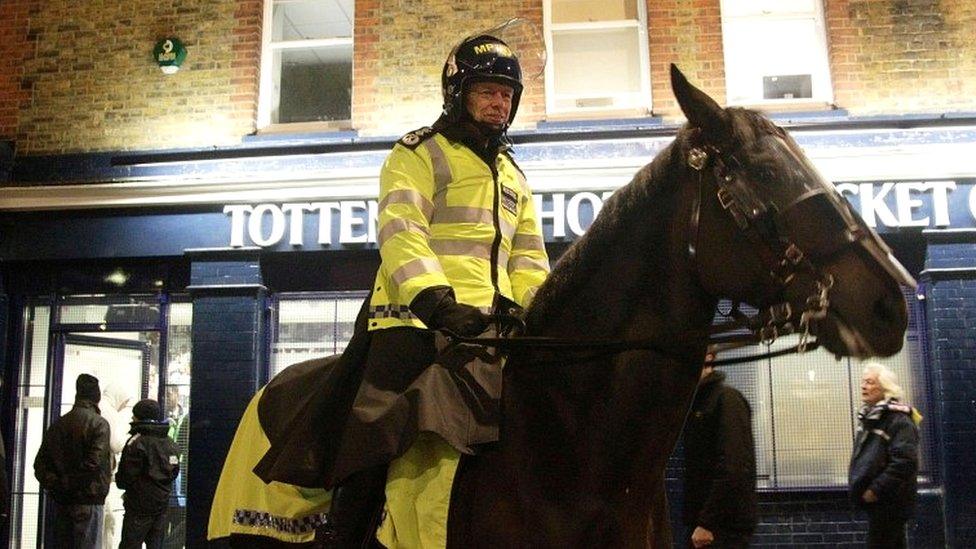
Sir Bernard is known to be a keen horseman
Mayor of London Sadiq Khan thanked the commissioner "for his years of service" and denied reports he had helped oust the country's most senior police officer.
"It isn't to do with me, it's to do with Bernard deciding to retire," he said
Sir Bernard also said the pair have "an excellent relationship".
Home Secretary Amber Rudd, who will begin the search for Sir Bernard's successor with Mr Khan, called the commissioner a "determined crime fighter and an inspirational senior officer".

Key appointments

1979: Joins South Yorkshire Police aged 22
1997: Assistant Chief Constable, Merseyside Police
2001: Assistant Commissioner, Metropolitan Police
2004: Chief Constable of Merseyside
2009: HM Inspectorate of Constabulary
2011: Metropolitan Police Commissioner

Commissioner contenders
Several people have emerged as possible successors to Sir Bernard:
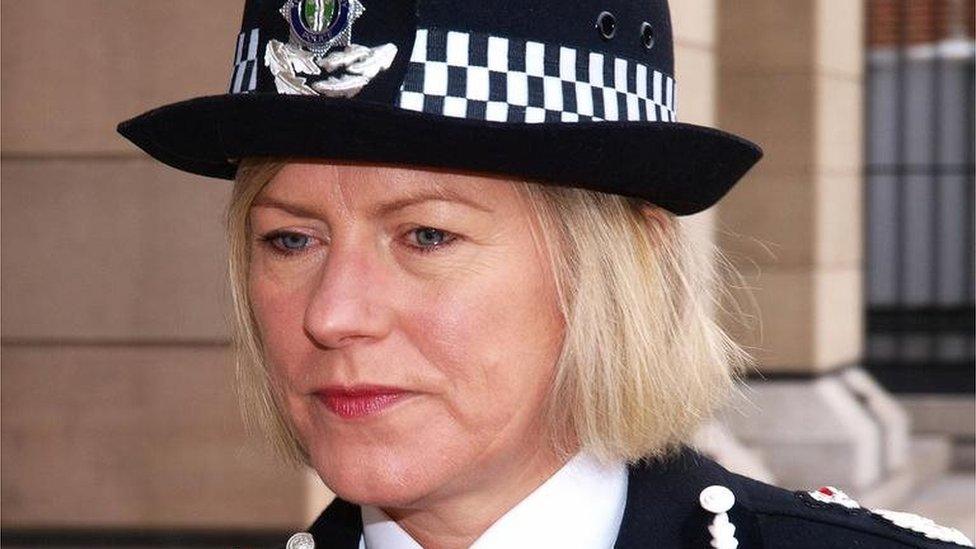
Sara Thornton is the current chair of the National Police Chiefs' Council (NPCC)
She has been in the role since April 2015 after the organisation replaced the Association of Chief Police Officers (Acpo).
Ms Thornton joined the Met in 1986 and undertook operational postings in West London and strategic roles in New Scotland Yard over the next 15 years.
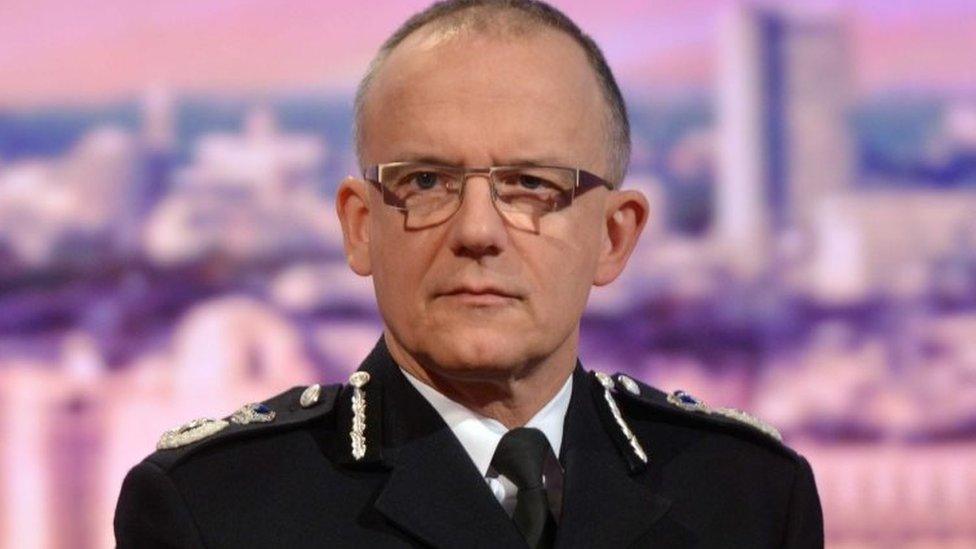
Mark Rowley is the assistant commissioner in specialist operations at the Met and the national policing lead for counter-terrorism.
He was previously chief constable of Surrey and has served in the police for close to 30 years.
Among the crises he has had to deal with are the fatal shooting of Mark Duggan and the fleeing of three London schoolgirls to Syria to join so-called Islamic State.
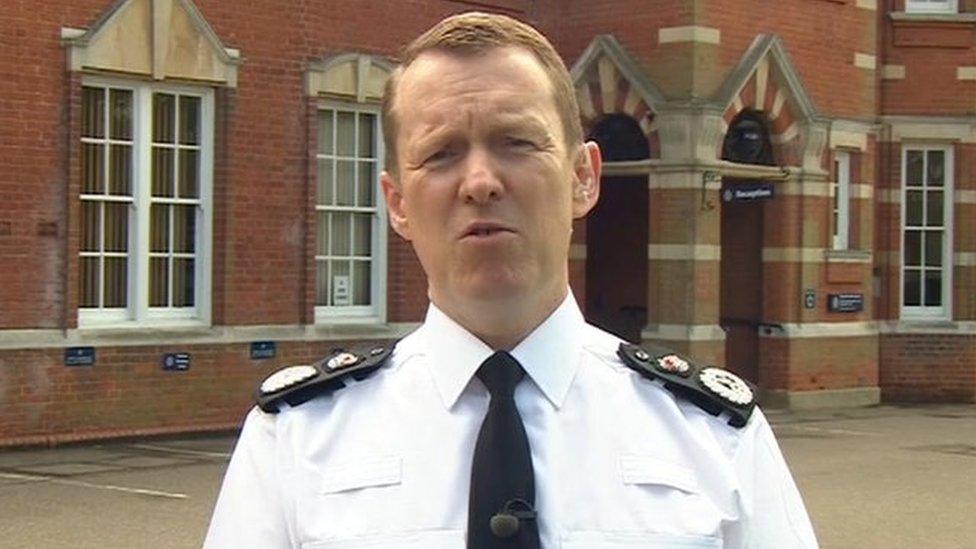
Stephen Kavanagh is the chief constable of Essex, but started his career with the Metropolitan Police in 1985.
He was a founding member of the Racial and Violent Crime Task Force and was involved in creating the Race/Hate Crime Manual following the murder of teenager Stephen Lawrence.
He was head of intelligence in the Anti-Corruption Command before being named commander to SO15 Counter Terrorism Command where he worked closely with the security services.

- Published29 September 2016
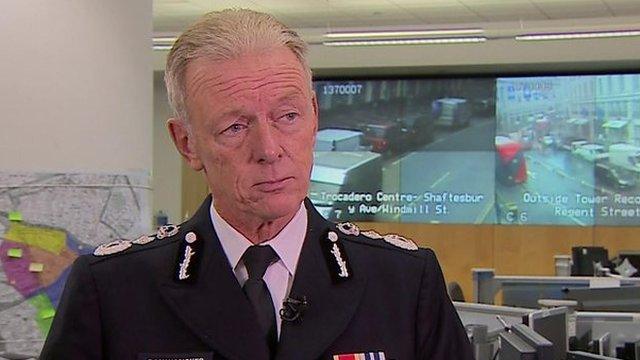
- Published11 February 2016
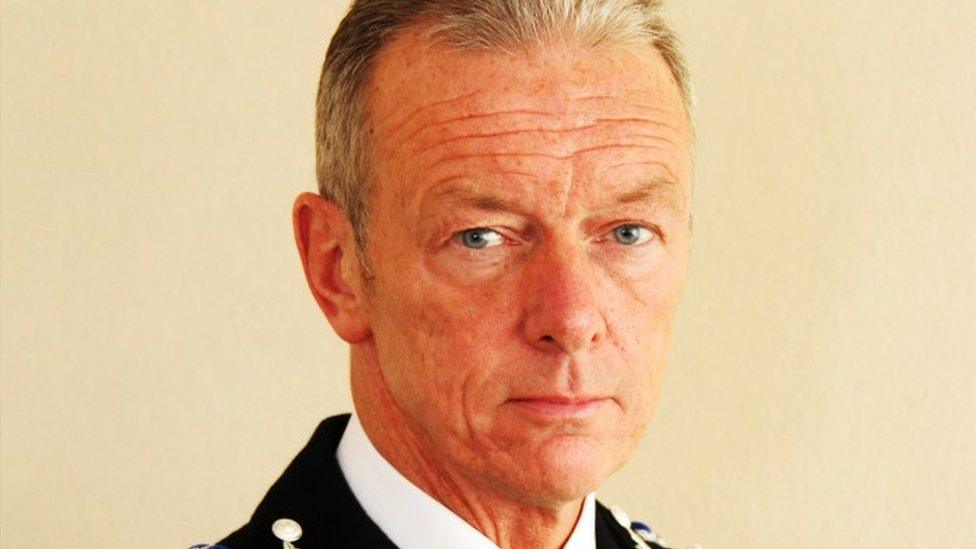
- Published29 December 2012
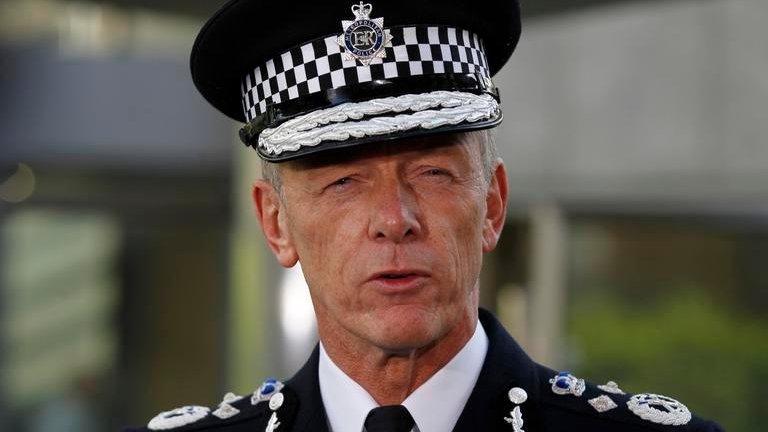
- Published12 September 2011
